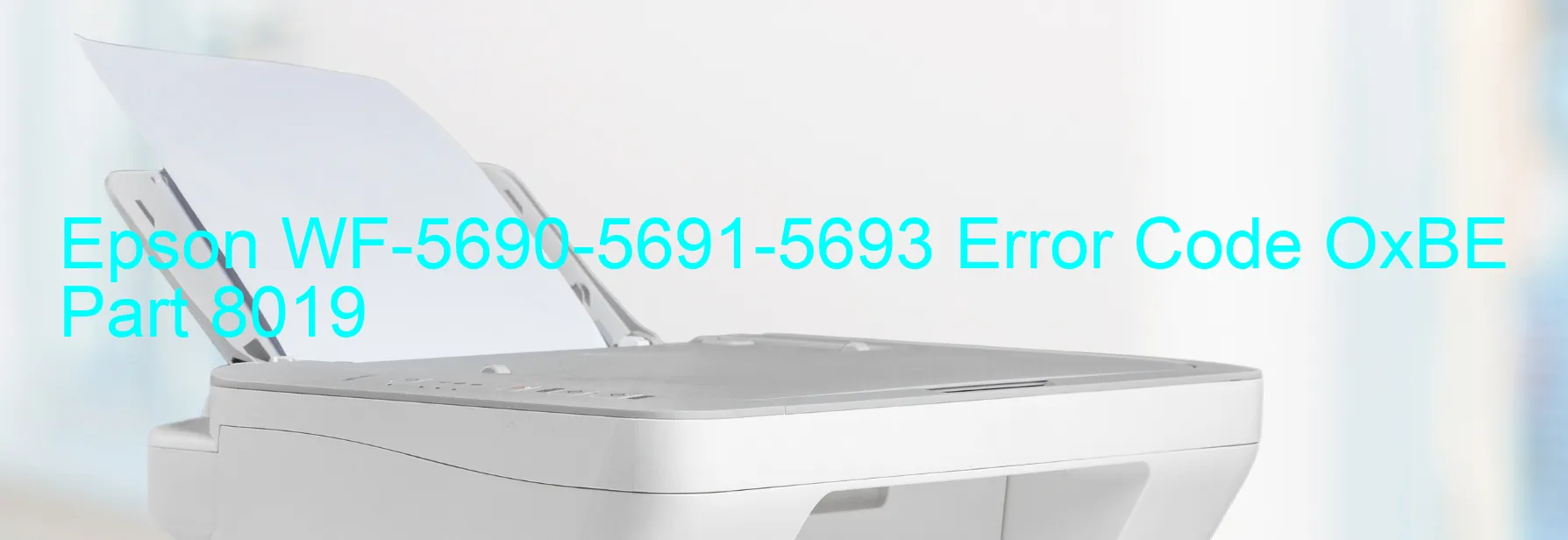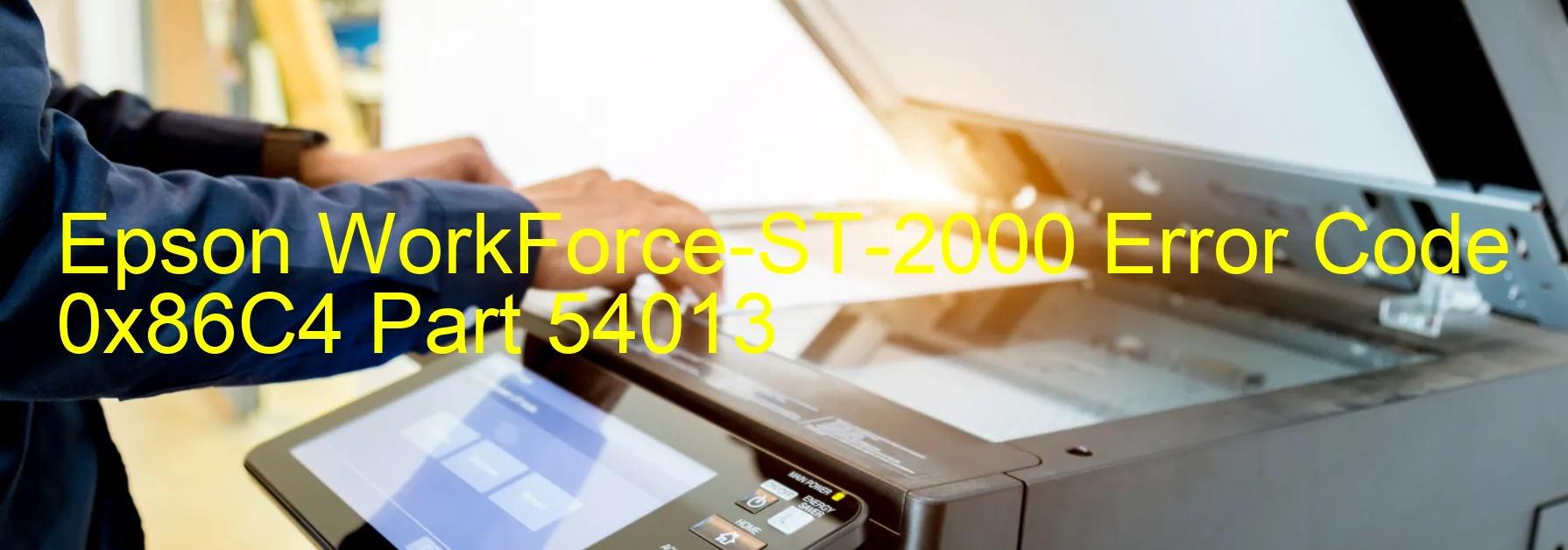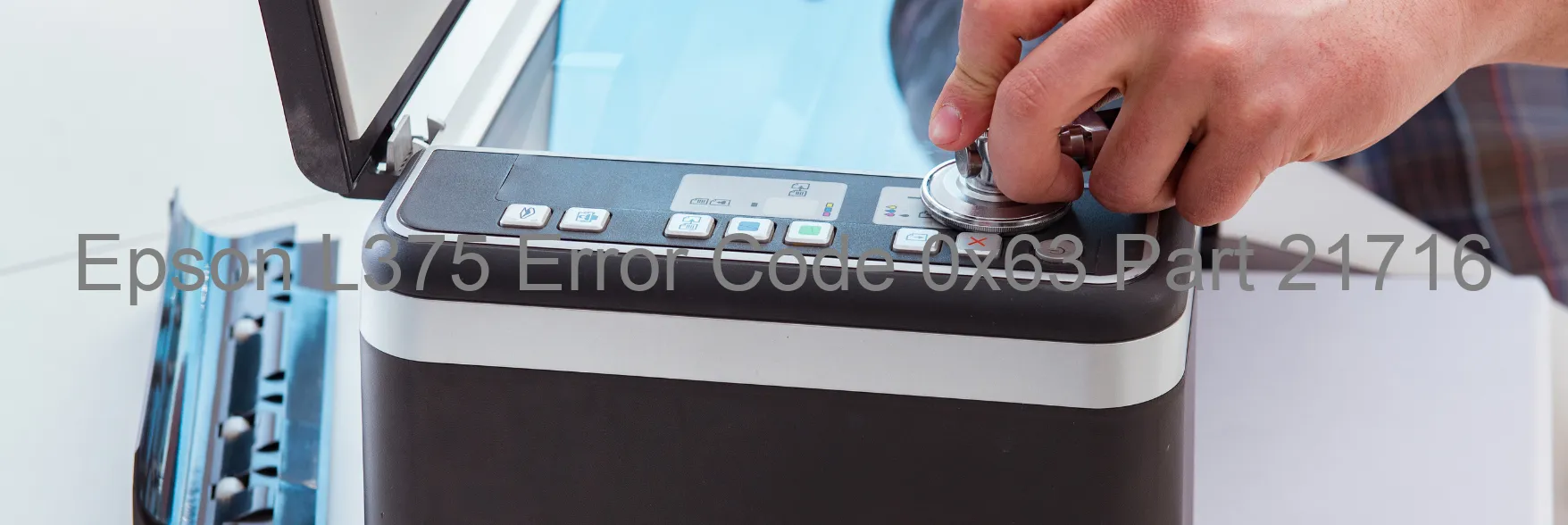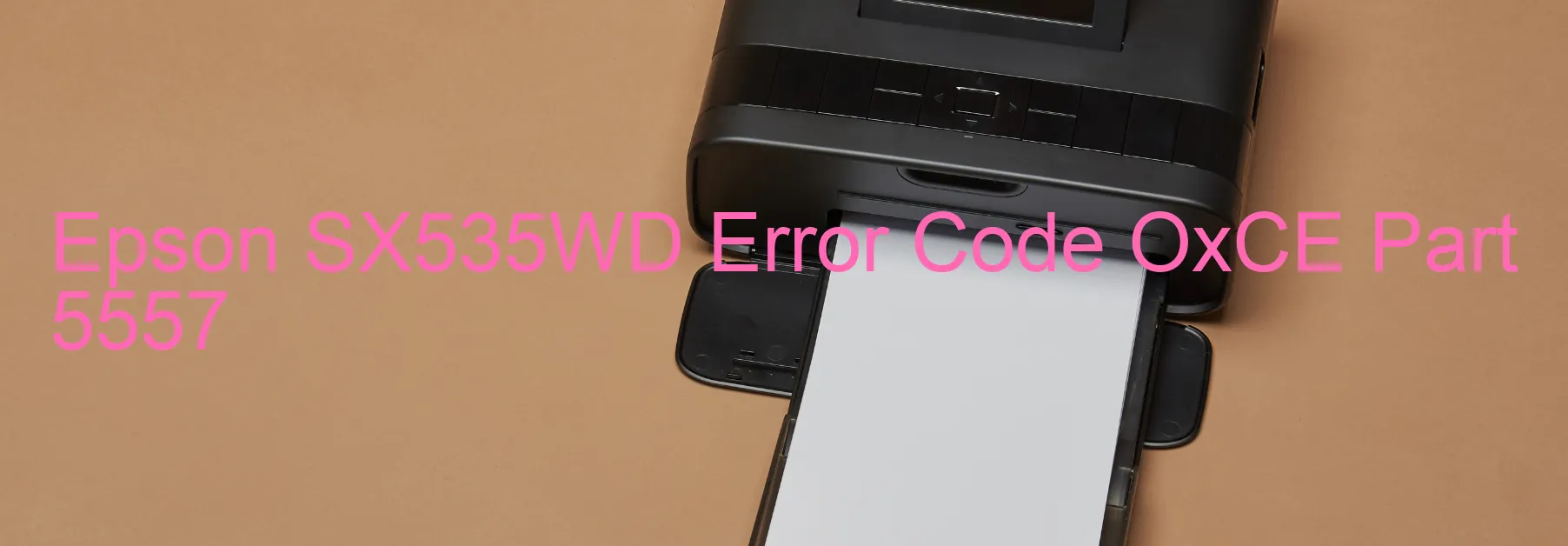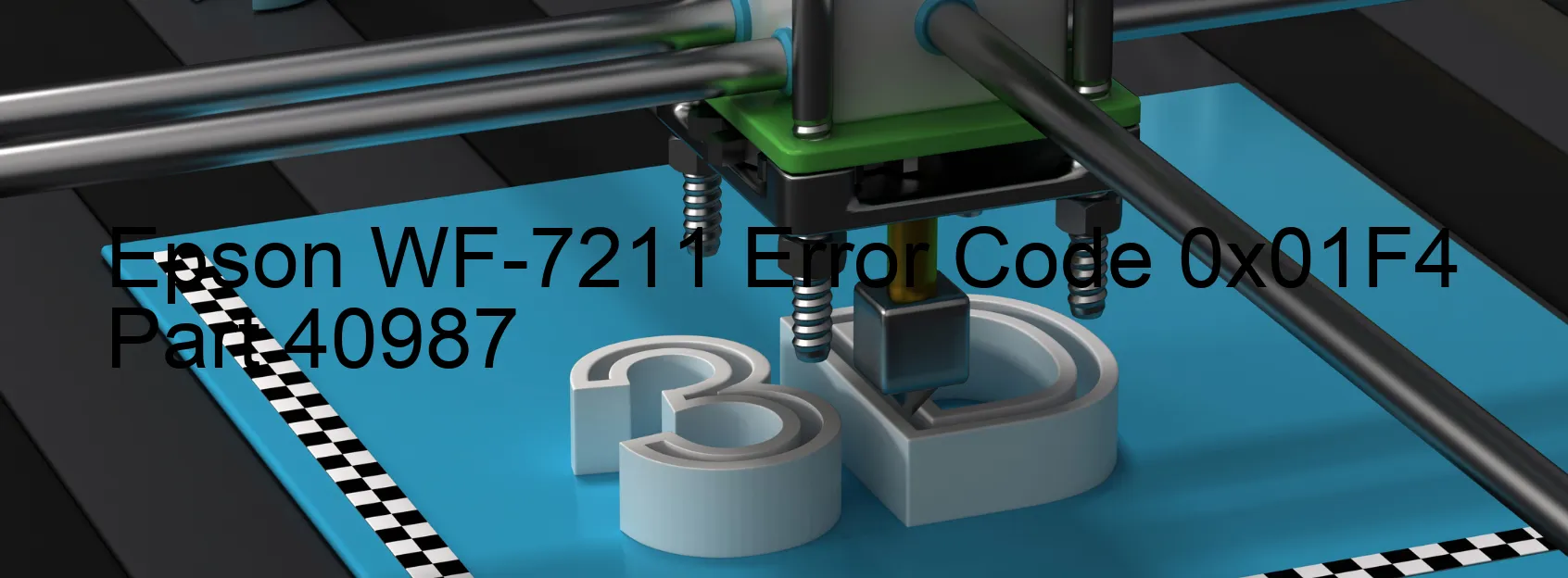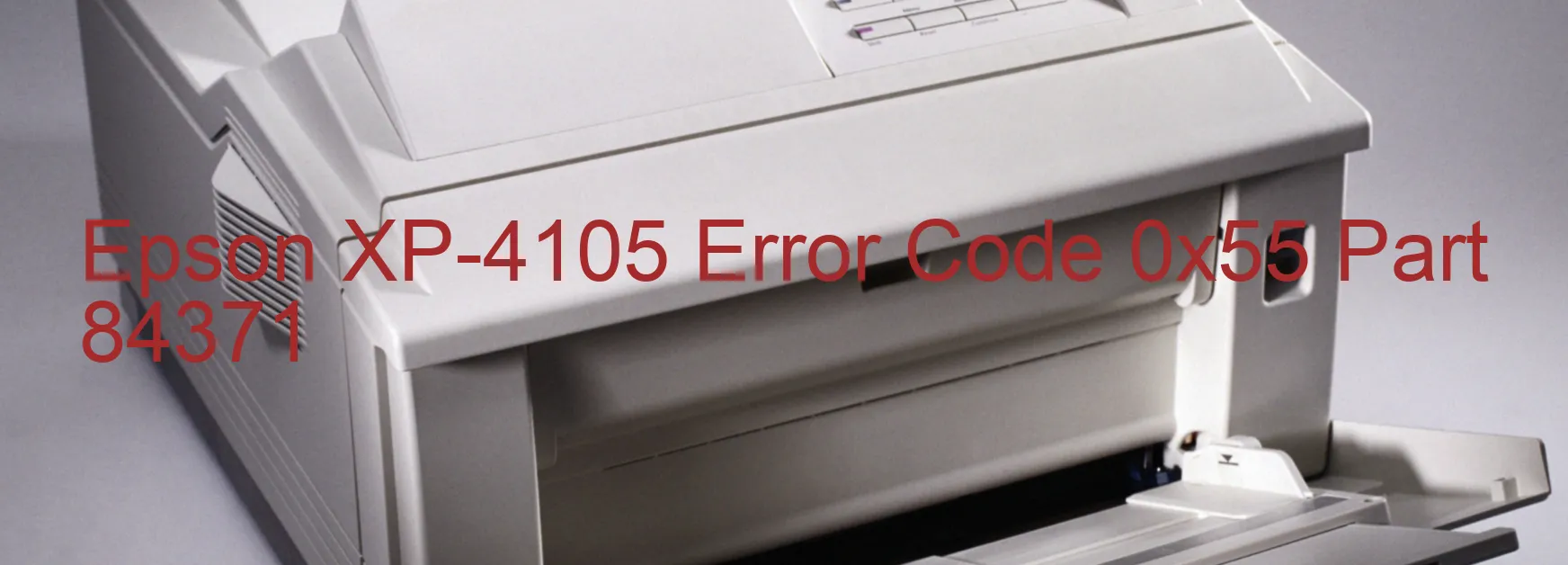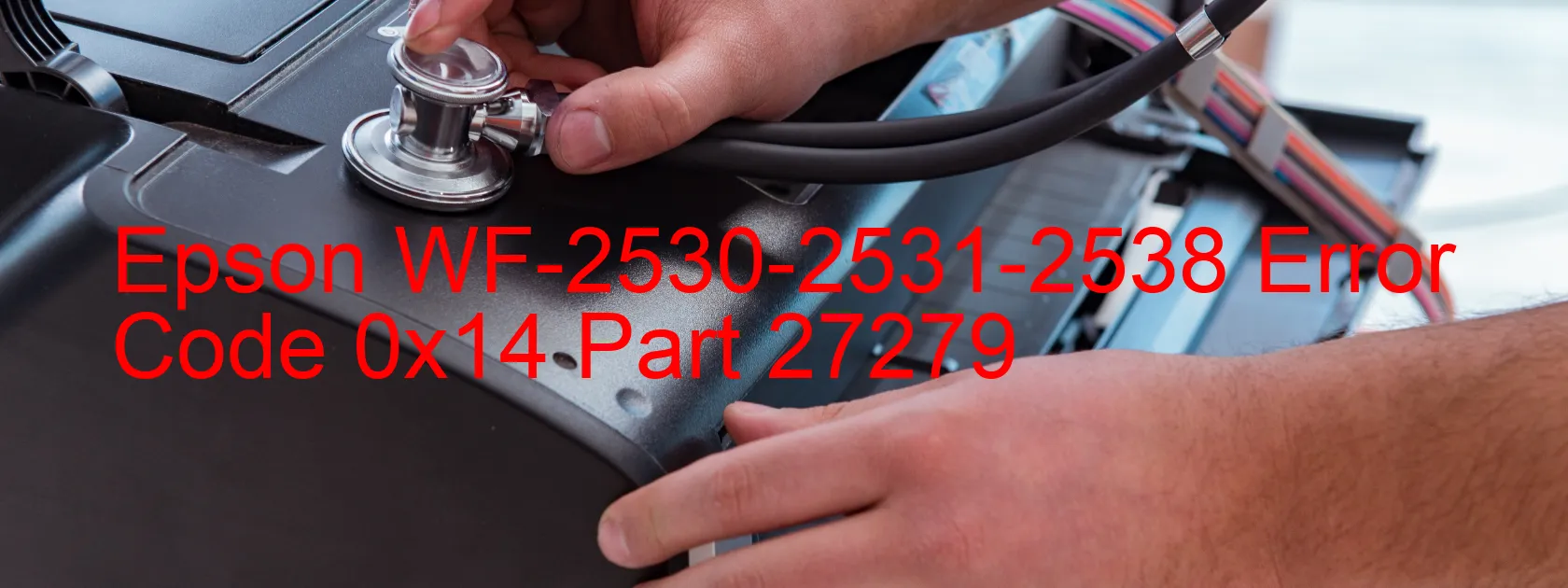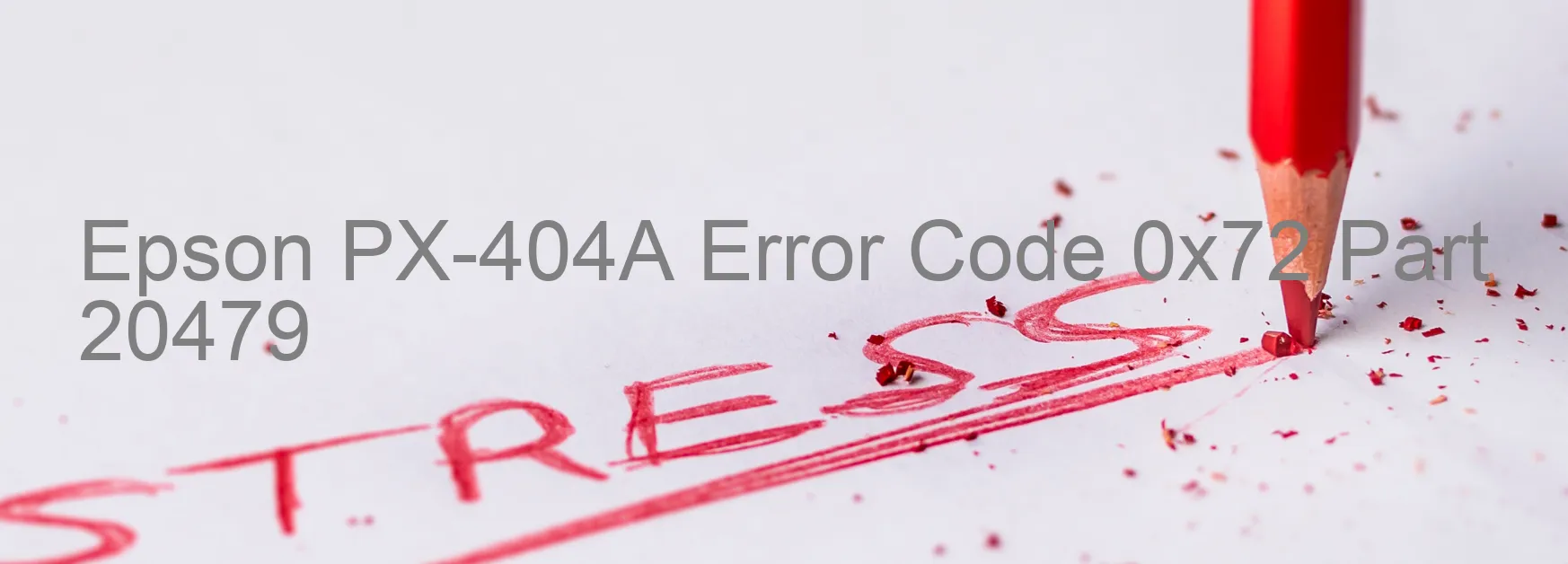Epson WF-3510-3511-3512 Error 0xF2
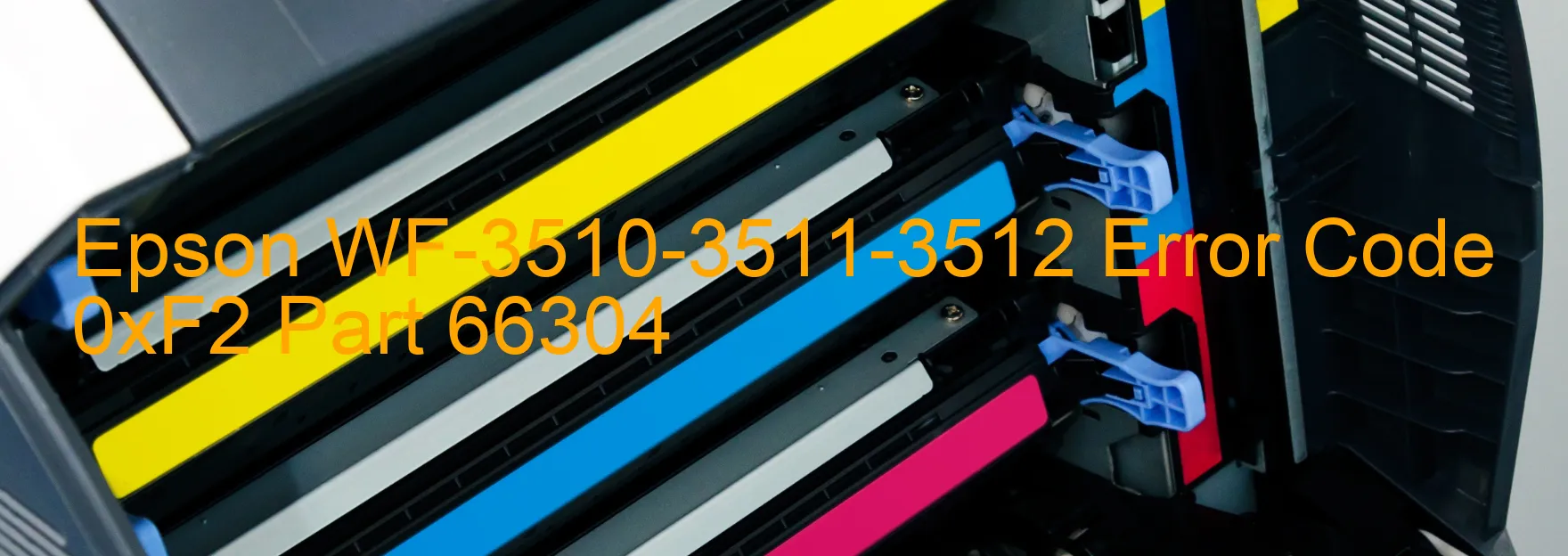
The Epson WF-3510-3511-3512 printer is a versatile device that offers high-quality prints for home and office use. However, like any electronic device, it may encounter errors from time to time. One common error that users may come across is the 0xF2 error code displayed on the printer.
The error code 0xF2 on the Epson WF-3510-3511-3512 printer indicates a PF PID excess speed error. This means that the PF (paper feed) motor is rotating at a higher speed than expected. There could be several reasons behind this error, including encoder failure, tooth skip or improper tension of the timing belt, motor driver failure, or even main board failure.
To troubleshoot this error, there are a few steps you can take. Firstly, you can try turning off the printer and unplugging it from the power source. After a few minutes, plug it back in and turn it on again. Sometimes, this simple reset can resolve minor issues.
If the error persists, another solution is to check the encoder strip and make sure it’s clean and free from any debris. The encoder strip is a white plastic strip located near the print head that helps the printer to determine its position. Dirt or dust on the strip can cause errors, so clean it gently with a soft, lint-free cloth.
If cleaning the encoder strip doesn’t solve the problem, it’s advisable to contact Epson customer support for further assistance. They can guide you through additional troubleshooting steps or arrange for a repair, if necessary.
In conclusion, the Epson WF-3510-3511-3512 error code 0xF2 indicates an issue with the PF motor. By following the troubleshooting steps mentioned above or seeking professional help, you can overcome this error and get your printer back in working condition.
| Printer Model | Epson WF-3510-3511-3512 |
| Error Code | 0xF2 |
| Display on | PRINTER |
| Description and troubleshooting | PF PID excess speed error. The PF motor rotates faster than expected. Encoder failure. Tooth skip or improper tension of the timing belt. Motor driver failure. Main board failure. |
